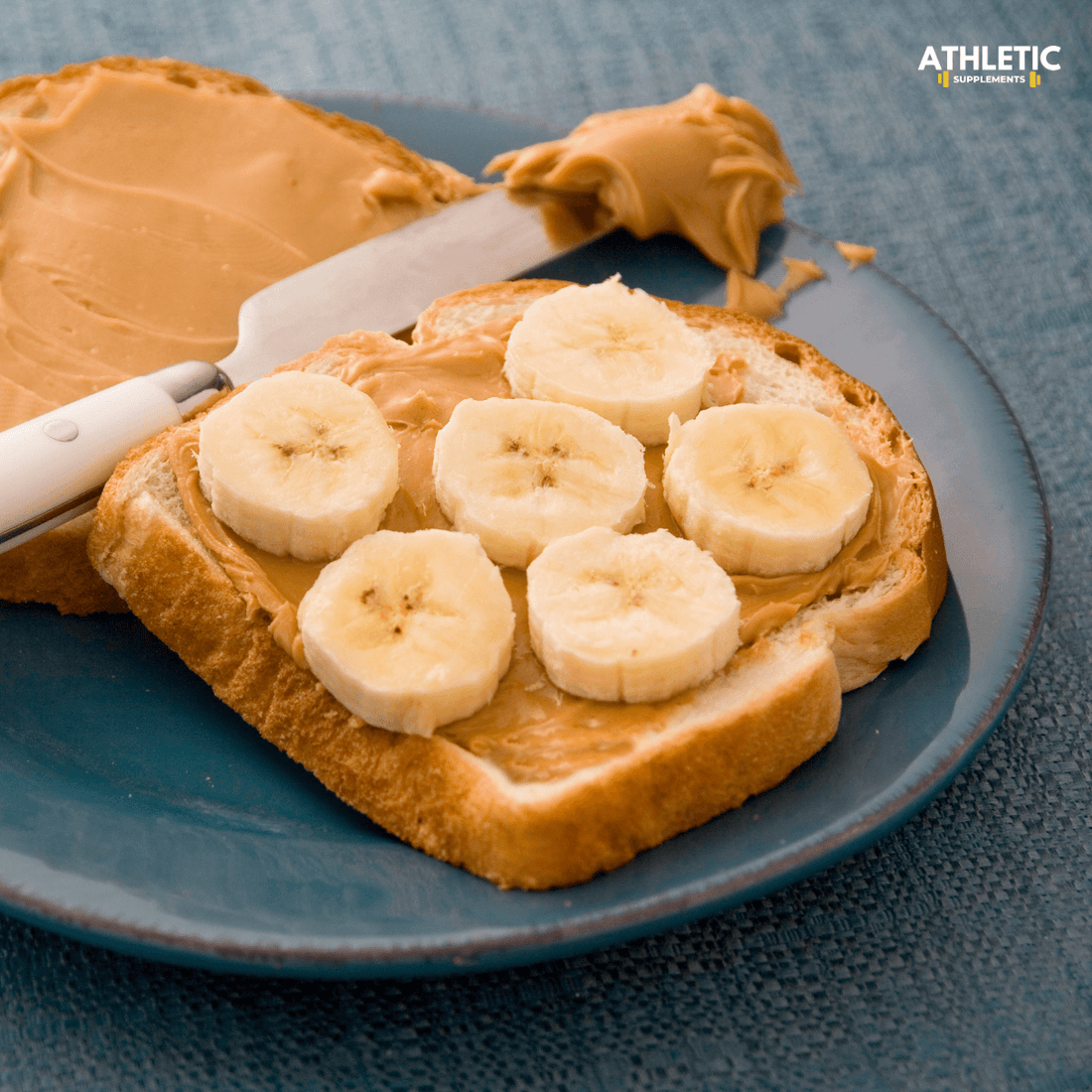Peanut butter has long been a popular spread and snack. But how healthy is it really? In this article, we look at the nutritional values, health benefits and potential disadvantages of peanut butter. We also examine why peanut butter is often considered a fitness food and how it can be sensibly integrated into a healthy diet.
Nutritional values and calories of peanut butter
Peanut butter is rich in calories and nutrients. A typical two tablespoon (about 32 grams) serving contains:
- Calories : About 190-200 kcal
- Fat : 16-18 grams, of which 3-4 grams saturated fat
- Protein : 7-8 grams
- Carbohydrates : 6-7 grams, of which 2-3 grams of sugar
- Fiber : 2-3 grams
Peanut butter also provides important micronutrients such as vitamin E, magnesium, potassium and B vitamins.

Health Benefits of Consuming Peanut Butter
-
Heart health : Thanks to its unsaturated fats, peanut butter may help improve heart health by regulating cholesterol levels. Studies show that eating nuts and nut butters is associated with a lower risk of cardiovascular disease.
-
Protein source : With a high protein content, peanut butter supports muscle building and recovery after exercise. Proteins are essential for building and repairing muscles, which is especially important for athletes and fitness enthusiasts.
-
Nutrient density : Peanut butter is rich in vitamins and minerals that support various body functions. Vitamin E is a powerful antioxidant, magnesium plays a role in over 300 enzymatic reactions in the body, and potassium helps regulate blood pressure.
-
Satiety : The combination of fat, protein and fiber can help prolong the feeling of fullness and reduce cravings. This can be especially helpful for those looking to lose or maintain weight.
Potential Disadvantages of Peanut Butter
-
Calorie content : Due to its high calorie content, excessive consumption can lead to weight gain. It is important to enjoy peanut butter in moderation, especially if you are watching your calorie intake.
-
Sugar and additives : Some commercial peanut butter brands contain sugar and unhealthy additives. Check the ingredient list and choose natural peanut butter without additives.
-
Allergies : Peanuts are a common allergen and can cause severe reactions in sensitive people. For allergy sufferers, alternatives such as almond butter or sunflower butter are recommended.

Peanut butter as fitness food
Peanut butter is often considered a fitness food, and for good reason. Here are some reasons why peanut butter should be a part of your fitness diet:
-
Energy source : With its high calorie and fat content, peanut butter provides a concentrated source of energy that can be especially useful before intense workouts.
-
Protein for muscle building : Peanut butter is an excellent source of protein that supports muscle building. Proteins are essential for the repair and growth of muscles after exercise.
-
Satiety and weight management : The combination of fat and protein can help prolong the feeling of fullness, which can aid in weight control. A small snack of peanut butter can prevent cravings and keep blood sugar levels stable.
Conclusion
Peanut butter can be a healthy part of a balanced diet when consumed in moderation and when high-quality, natural products are used. Its rich nutrients support health, but its high calorie content requires conscious consumption.

